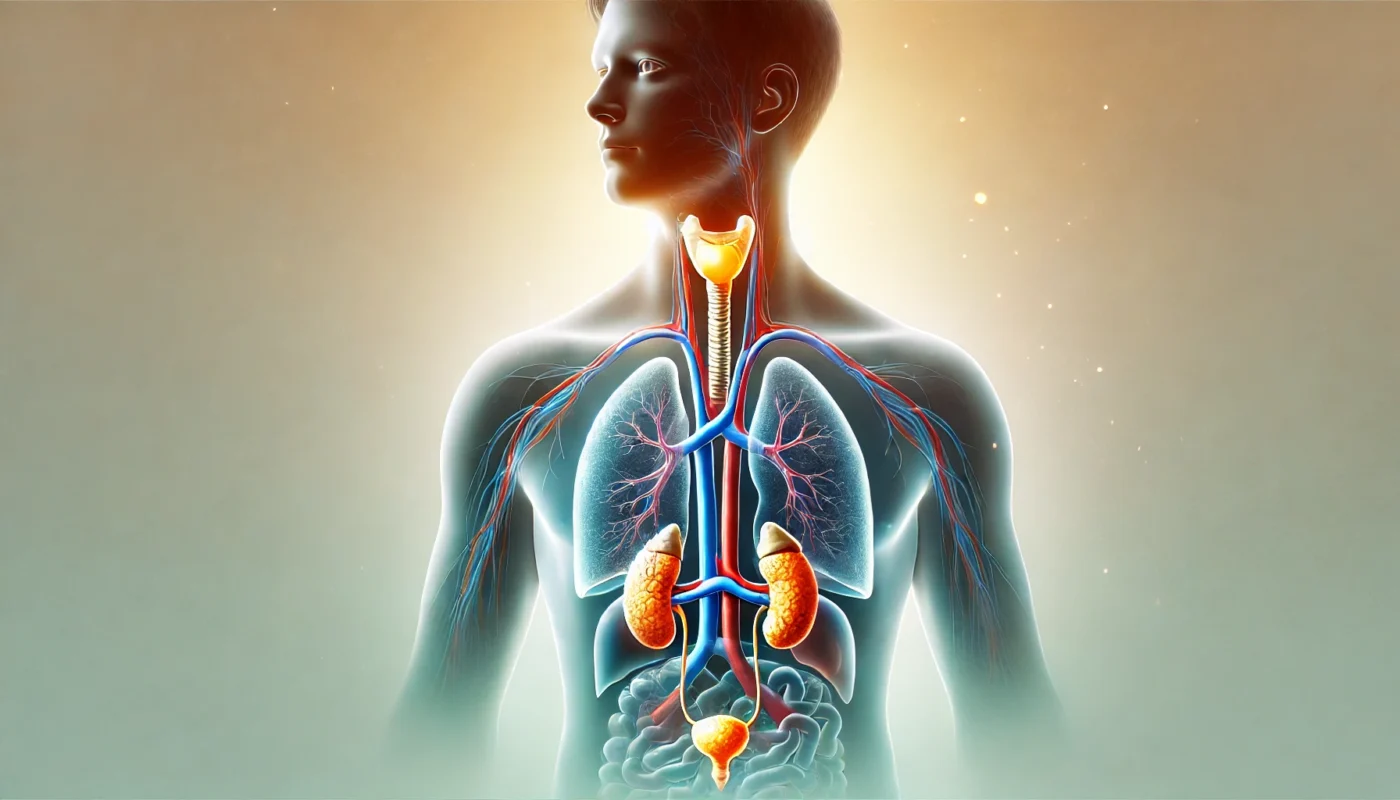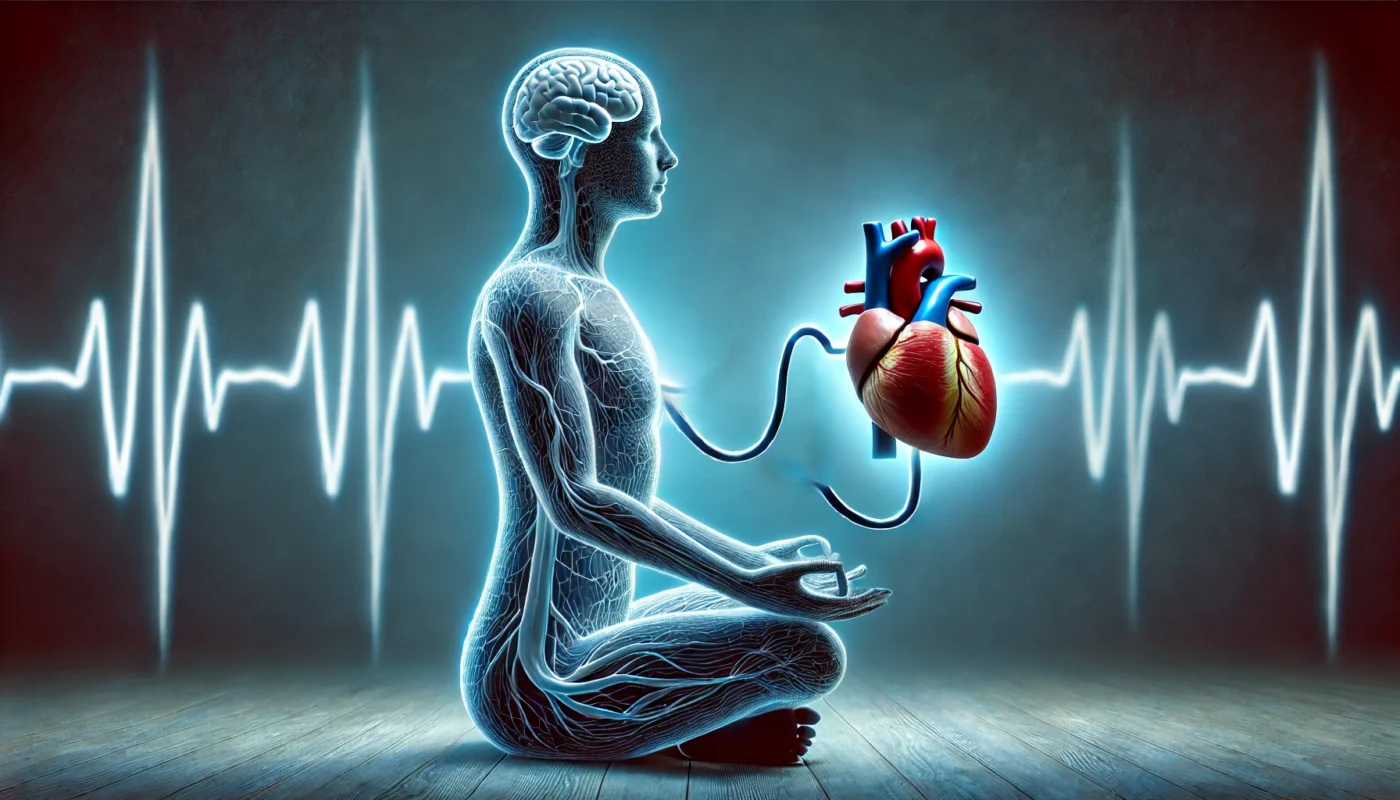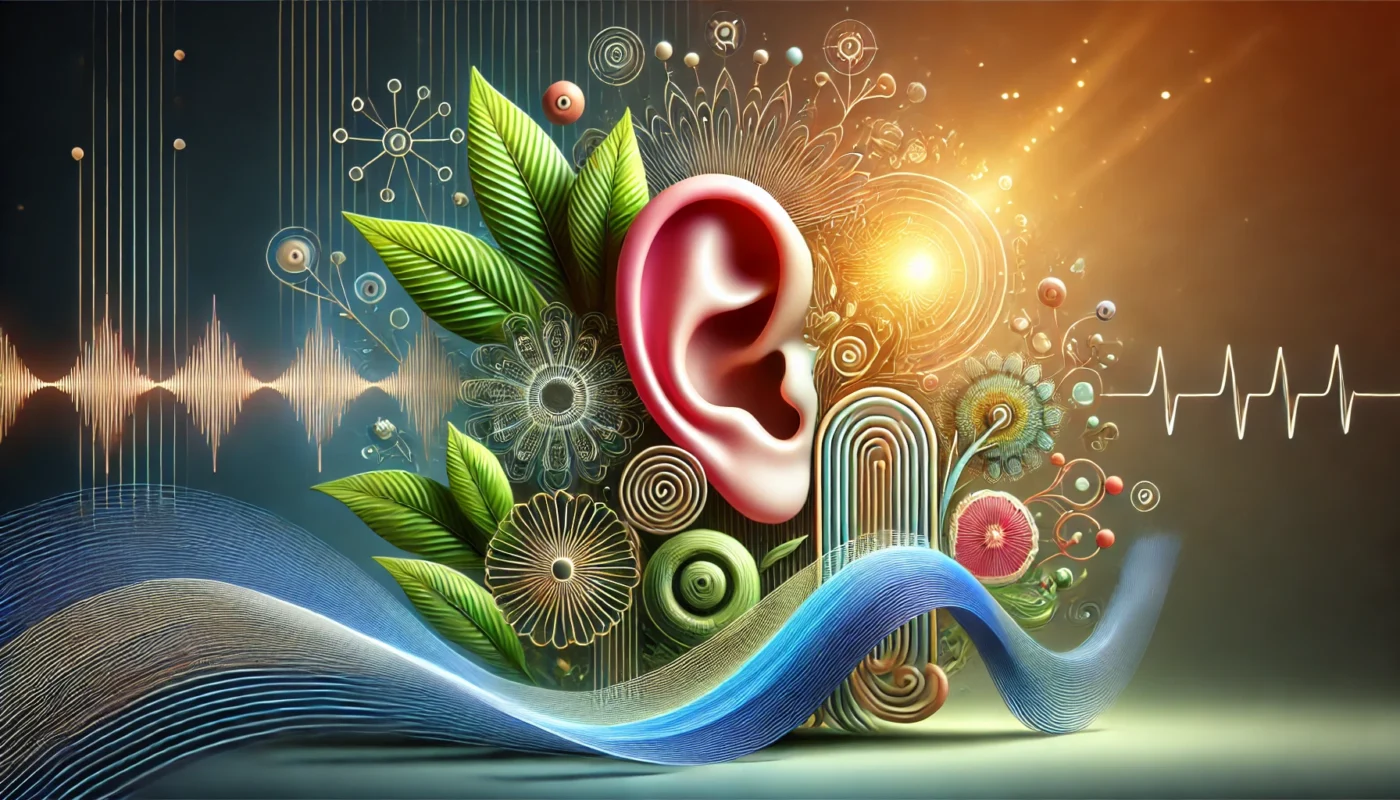Hormones play a crucial role in our bodies. They act as chemical messengers, influencing our mood, energy levels, weight, and overall health.
However, maintaining a balanced hormonal state can be a complex task. Factors such as diet, stress, and lifestyle can disrupt this delicate equilibrium, leading to various health issues.
Enter hormone balance supplements. These products promise to restore hormonal harmony, but how effective are they really?




